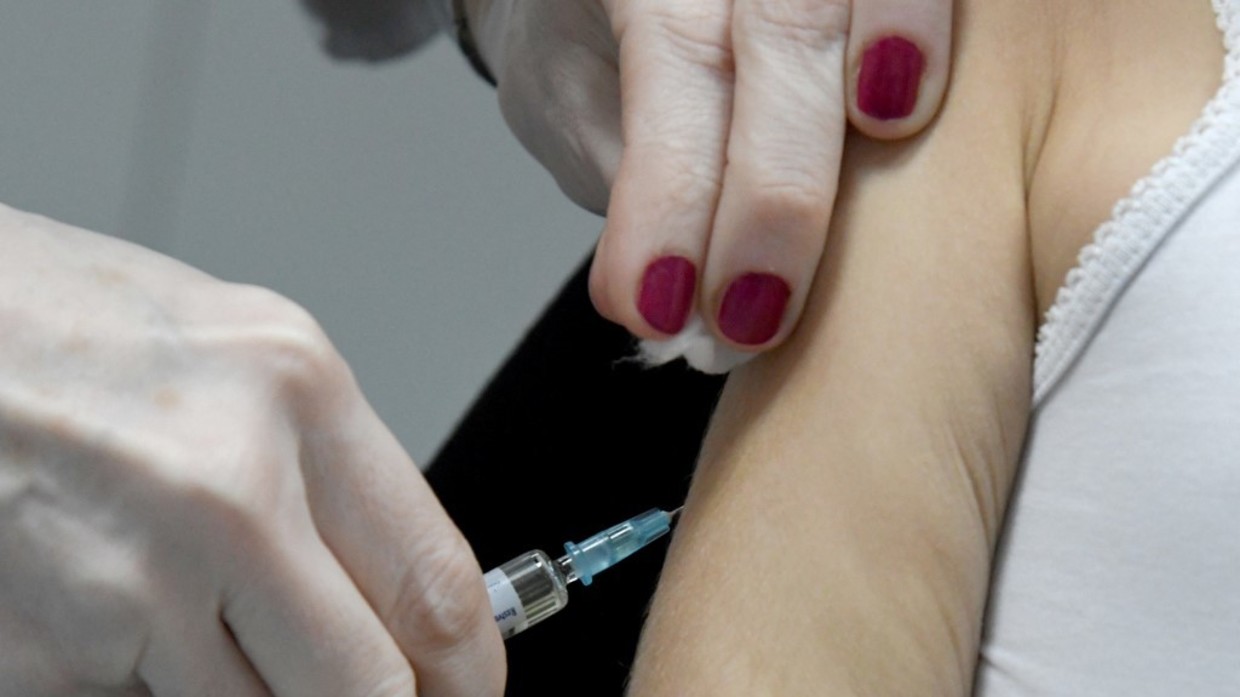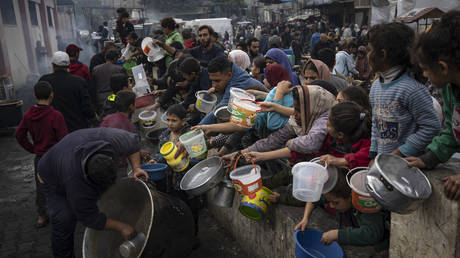The World Health Organization (WHO) has called for an “urgent” vaccine campaign to combat measles outbreaks across Europe, after registering over 42,000 infections last year.
The agency’s European branch sounded alarms over the surge in cases in a press release published on Tuesday, noting that Kazakhstan has been among the hardest-hit nations.
“As in other countries of the region, the virus is spreading rapidly and the outbreak is attributed largely to an accumulation of susceptible children who missed routine immunization doses during the Covid-19 pandemic; 65% of the reported measles cases in Kazakhstan have been children under 5 years of age,” the statement said, adding that the Kazakh authorities were implementing “extensive outbreak response measures,” including a major vaccination campaign.
WHO Europe went on to note that more than 42,000 measles cases had been registered across 41 countries in 2023 – a massive increase over the 941 cases reported in all of 2022.
In a previous notice issued in December, the health body called for “urgent action” to address the outbreak, with the WHO’s regional director for Europe, Hans Kluge, stressing that vaccines must be a top priority for any mitigation efforts.
“Vaccination is the only way to protect children from this potentially dangerous disease. Urgent vaccination efforts are needed to halt transmission and prevent further spread,” he said. “It is vital that all countries are prepared to rapidly detect and timely respond to measles outbreaks, which could endanger progress towards measles elimination.”
The rapid rise in measles infections is largely the result of a “backsliding in vaccination coverage” during the Covid-19 pandemic, which “significantly impacted immunization system performance” in Europe, according to the WHO. Children have accounted for much of the drop in vaccinations, with over 1.8 million infants missing their measles shots between 2020 and 2022.
To roll back the outbreak, the agency recommended that countries achieve at least 95% coverage with standard two-dose measles vaccines. In 2022, second dose coverage had dropped to just 91%.
Caused by a highly contagious airborne virus, measles symptoms typically include coughing and fever, and in rare cases can lead to brain inflammation, pneumonia, blindness, and even death. Though palliative treatments are available to reduce the severity of symptoms, and vaccinations have led to major reductions in global infections in recent decades, there is currently no cure for the illness.


